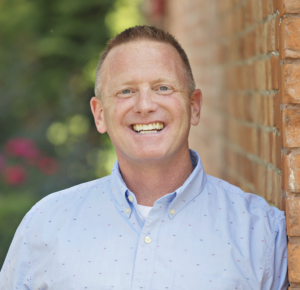This week on The Weekly Dose I review the D&I technology platform Power to Fly. Power to Fly is a recruiting platform used for connecting people with companies committed to building more diverse and inclusive environments.
Founded in 2015 by two females who were named one of Fast Companies most creative people in business. The original concept was to connect women with remote jobs (which it still does). From that PTW learned many organizations also wanted and needed gender diversity in their in-house teams as well. Today it’s not only women but all underrepresented talent in the marketplace.
The original concept of being a marketplace to connect one type of candidate with companies isn’t new, but Power to Fly definitely come at this from a different angle than most. While you can post your jobs on their site, which has over a million profiles of female candidates, Power to Fly focuses more on community events and interactions, both in-person and virtual.
Power to Fly hosts in-person networking events hosted by client(s) companies to bring women in a specific marketplace together. These interactions help females and underrepresented candidates build a network of their own to leverage as they grow their careers.
These live events bring together upwards of 200 women and are sponsored by some of the largest brands in the world, but can also be leveraged by a handful of employers in a market coming together to co-sponsor together. Power to Fly has found females are much more likely to apply to your jobs after attending these events (and the research into gender-specific applies echoes this as well). The likelihood of apply from those attending these events rose 60% after attending.
Power to Fly also holds virtual events with top Female executives and thought-leaders allowing women to ask live Q&A to help them in their career. Giving anyone a chance, in an ultra-safe environment, to ask questions they probably wouldn’t or don’t even have access to a mentee to ask.
I love the concept. Traditionally, men clearly have had so many built-in networking advantages to aid their career path. Building out these networks for females and underrepresented candidates is a must and long overdue.
If you are looking to add diversity into your talent pipelines Power to Fly is definitely something to check out. Job postings, live events, and virtual events, the power of their community is their real strength. It’s women helping women in the most positive ways!
 The Weekly Dose – is a weekly series here at The Project to educate and inform everyone who stops by on a daily/weekly basis on some great recruiting and sourcing technologies that are on the market. None of the companies who I highlight are paying me for this promotion. There are so many really cool things going on in the tech space and I wanted to educate myself and share what I find. If you want to be on The Weekly Dose – just send me a note – timsackett@comcast.net
The Weekly Dose – is a weekly series here at The Project to educate and inform everyone who stops by on a daily/weekly basis on some great recruiting and sourcing technologies that are on the market. None of the companies who I highlight are paying me for this promotion. There are so many really cool things going on in the tech space and I wanted to educate myself and share what I find. If you want to be on The Weekly Dose – just send me a note – timsackett@comcast.net
Want help with your HR & TA Tech company – send me a message about my HR Tech Advisory Board experience.
